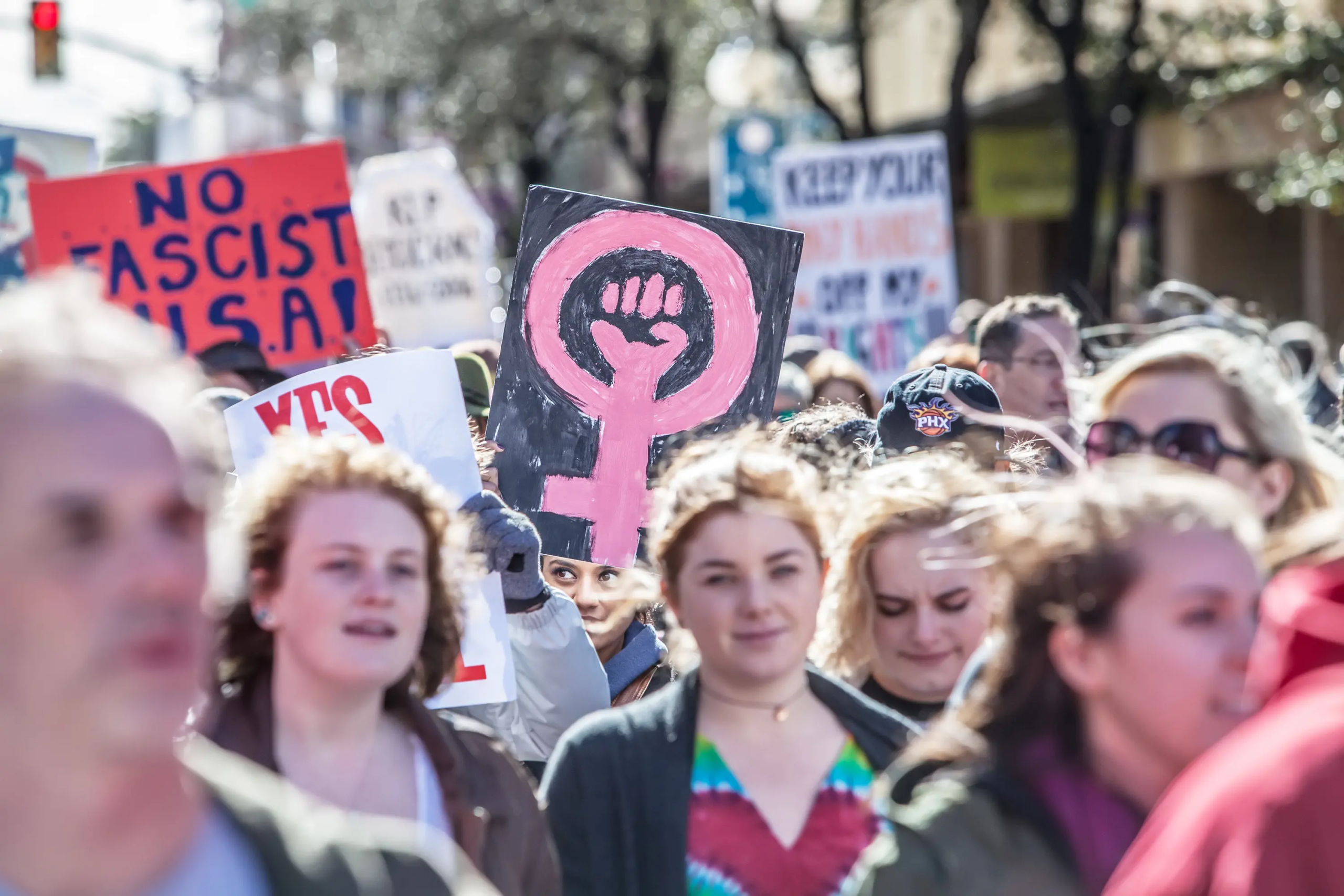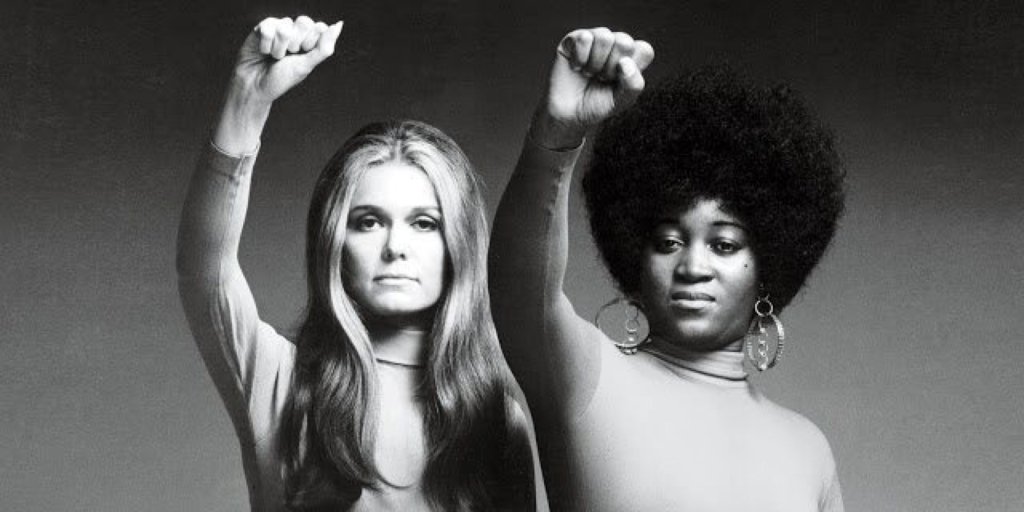
Feminist Activism: Discussions on Intersectional Feminism and Ongoing Efforts to Achieve Gender Equality Worldwide
Feminist activism stands at the forefront of social change, advocating for gender equality and challenging oppressive systems worldwide. From grassroots movements to international campaigns, the journey towards equality is multifaceted and ongoing. In this article, we delve into the vibrant world of feminist activism, exploring the principles of intersectional feminism and the diverse efforts to dismantle patriarchal structures and empower marginalized communities.
Understanding Intersectional Feminism

Intersectional feminism recognizes that gender inequality intersects with other forms of oppression, such as race, class, sexuality, and ability. By acknowledging these intersecting identities and experiences, intersectional feminism seeks to address the unique challenges faced by individuals who navigate multiple marginalized identities. It emphasizes the importance of inclusivity, solidarity, and centering the voices of those most marginalized within feminist discourse.
Intersectional Approaches to Activism
Intersectional feminism emphasizes the importance of centering the experiences of marginalized communities in activist work. By recognizing the interconnected nature of oppression, intersectional approaches to activism strive to address root causes and uplift those most impacted by discrimination. Whether it’s fighting for racial justice, LGBTQ+ rights, or economic equality, intersectional feminism seeks to build coalitions across diverse movements for social change.
The Future of Feminist Activism
As we look towards the future, the fight for gender equality continues to evolve and adapt to new challenges. From online activism to street protests, feminist movements are harnessing the power of technology and social media to mobilize supporters and amplify their message. By embracing intersectionality and solidarity, feminist activists are forging a path towards a more inclusive and equitable world for future generations.
Global Efforts for Gender Equality
Around the world, feminist activists are leading the charge for gender equality through advocacy, policy reform, and grassroots organizing. From advocating for reproductive rights to combating gender-based violence, these efforts are reshaping societies and challenging entrenched power structures. Despite facing backlash and resistance, feminist movements continue to make significant strides towards a more just and equitable world for all genders.
Challenges and Triumphs: Global Initiatives for Gender Equality
Despite significant progress in recent years, gender inequality persists on a global scale. Women and marginalized genders continue to face barriers in areas such as education, employment, healthcare, and political representation. However, feminist activists around the world are working tirelessly to challenge these inequalities and drive meaningful change. From advocating for legislative reforms to organizing grassroots movements, their efforts are paving the way for a more equitable future.
Empowering Women and Girls: Education and Economic Opportunities

Access to education and economic opportunities plays a crucial role in advancing gender equality. Feminist activists advocate for policies and initiatives that promote girls’ education, address barriers to employment and entrepreneurship, and ensure equal pay and workplace rights for all genders. By investing in the education and economic empowerment of women and girls, we can create more inclusive societies and foster sustainable development.
Combating Gender-Based Violence: Advocacy and Support Services
Gender-based violence remains a pervasive issue, affecting millions of individuals worldwide. Feminist activists work to raise awareness about the root causes of violence against women and marginalized genders, challenge harmful gender norms, and advocate for survivors’ rights. They also provide vital support services, such as shelters, hotlines, and legal assistance, to those affected by gender-based violence, empowering survivors to seek justice and rebuild their lives.
Amplifying Marginalized Voices: Centering Intersectional Experiences
Inclusive feminist activism requires centering the voices and experiences of marginalized communities, including women of color, LGBTQ+ individuals, people with disabilities, and indigenous peoples. By amplifying these voices and addressing the unique challenges they face, feminist activists can build more equitable and inclusive movements. Intersectional solidarity strengthens the fabric of feminist activism, ensuring that no one is left behind in the fight for gender equality.
Conclusion, feminist activism is a dynamic and inclusive movement that continues to shape our world for the better. From challenging patriarchal systems to amplifying marginalized voices, feminist activists are driving meaningful change and paving the way for a more equitable future. Join the conversation, empower change, and be part of the movement towards gender equality. Together, we can create a world where all genders are valued, respected, and free to thrive.
FAQs (Frequently Asked Questions)
What is intersectional feminism?
Intersectional feminism recognizes that gender inequality intersects with other forms of oppression, such as race, class, and sexuality, and seeks to address these intersecting identities and experiences.
How can I get involved in feminist activism?
There are many ways to get involved in feminist activism, including participating in grassroots movements, supporting advocacy organizations, and educating yourself and others about gender inequality issues.
Why is intersectionality important in feminist activism?
Intersectionality is important in feminist activism because it acknowledges the diverse experiences of women and marginalized genders and ensures that the movement is inclusive and equitable.
What are some key challenges in achieving gender equality worldwide?
Some key challenges in achieving gender equality worldwide include systemic discrimination, gender-based violence, unequal access to education and economic opportunities, and lack of political representation.
How can I support survivors of gender-based violence?
You can support survivors of gender-based violence by listening to their stories, believing them, providing emotional support, connecting them with resources such as hotlines and shelters, and advocating for policies that address the root causes of violence.
By embracing intersectionality, amplifying marginalized voices, and building coalitions across movements, feminist activists are paving the way for a more just and equitable future. Let us stand in solidarity with those fighting for gender justice and continue the march towards a world where all genders are valued and respected.




